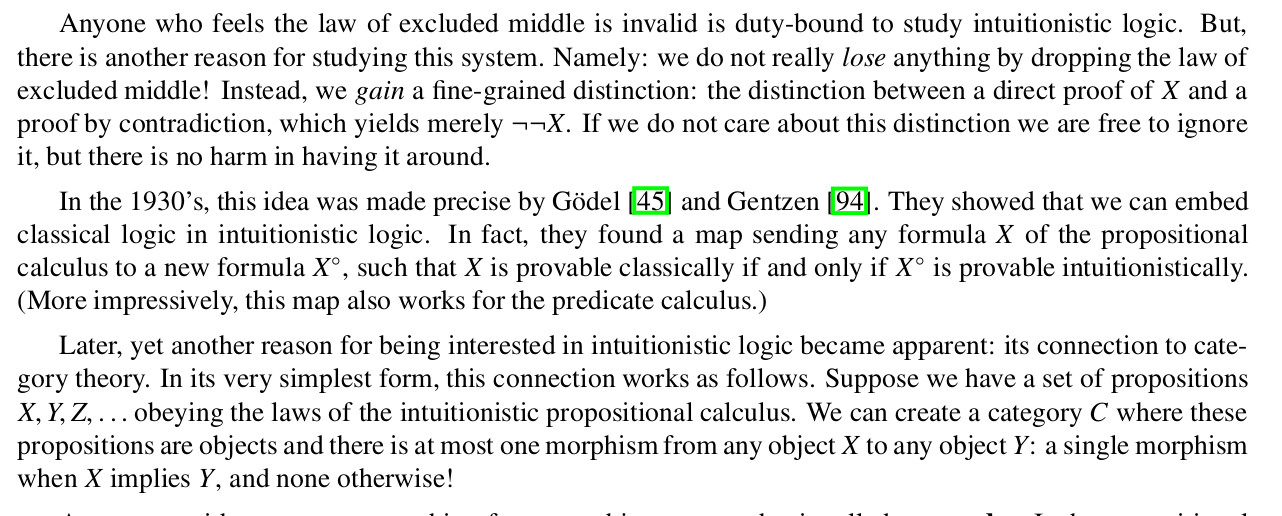Actually, I don't think finitism is even possible. Well, not in any pure sense. It's possible to be resistant to infinity in some cases, but I don't think it's possible to be resistant to infinity over all things.. and I'm starting to believe like it's more misleading a thing to think than not.
It's simply not possible in my view to extricate "completed infinities" - ever. Because it's never possible to make claims about arbitrary things without reference to one, if a potential infinity exists. Consider Peano arithmetic. We start with 0, and have a successor function. At any one time, we only have finitely many numbers. But the Peano axioms state e.g. "for all natural numbers x, x=x". This statement can't possibly make sense unless it's implicitly referring to the set of all natural numbers. Because a "potential infinity" only allows finitely many things to exist at any instant, never an infinite collection, so "for all natural numbers x, x=x" can only be defined on the natural numbers which exist up to how many times you've repeated the successor function. But then you can't know if it holds true past that - if it holds true past that, then what you're saying is you know
for all natural numbers n, n=n, including the ones
I haven't defined yet. If we allow for potential infinity, then we've actually just kinda made a completed infinity by how our axioms work.
In other words, the very definitions themselves imply the completed infinity - if you don't, then the definitions only make sense for finitely many things, and it's never possible to define the natural numbers, because we can't know if any of the statements hold true past some n.
In fact, this seems to be recognized - the "simplest" formalization of the natural numbers I can find is called
primitive recursive arithmetic, which presumes the existence of, you guessed it:
- A countably infinite number of variables x, y, z,....
Even a statement such as "the non-logical axioms are: S(x)\neq 0" seems to refer implicitly to completed infinities in the same manner as I said above. If such a statement is always true, it's always true for all n, and that can't possible make sense in any way that makes potential infinity coherent..
It seems to me that finitism is more like "i don't like this certain type of infinity in this certain area" than anything.
Course I might just be speaking nonsense. IANALogician.


